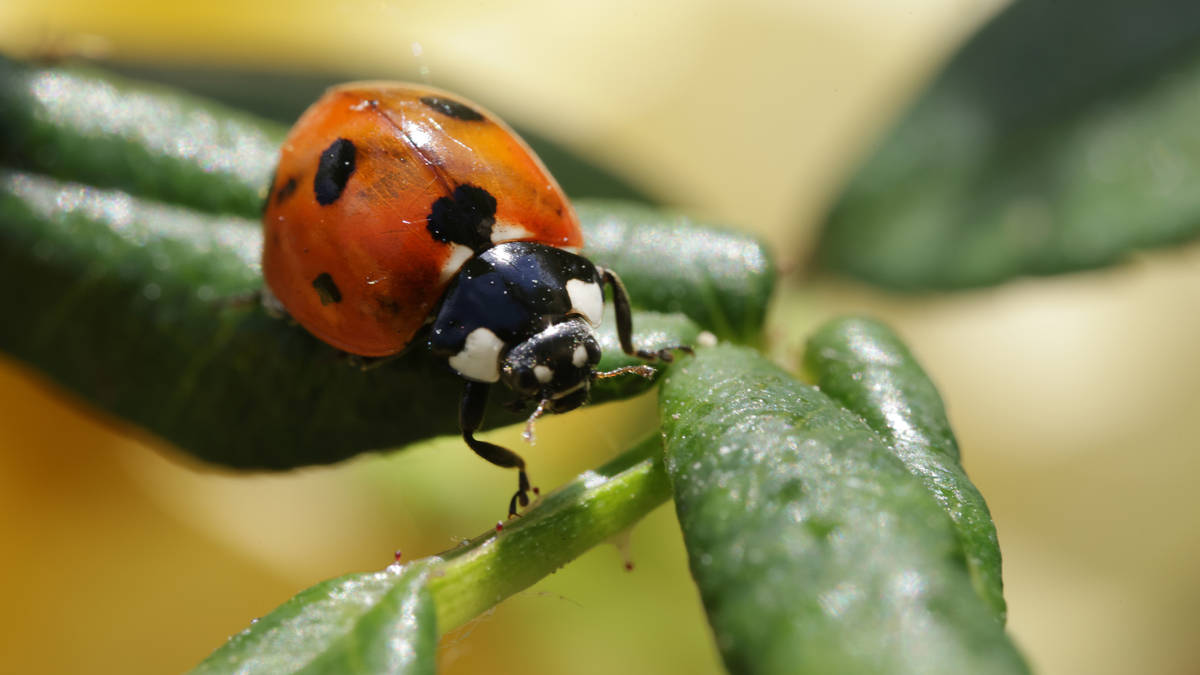11 July 2025, 23:58
Ladybirds have been swarming the UK amid the heatwaves.
Picture:
Getty
An influx of ladybirds have descended on the UK in the biggest plague in nearly half a century due to rising temperatures.
On Thursday, a swarm of the insects at Lord’s in London distracted players and led to a brief pause in England’s contest against India on the first day of the third Rothesay Test.
Elsewhere, “millions” of ladybirds have been sighted at popular holiday spots along the Essex coast, as well as in Suffolk, according to local papers.
Ecologist and ladybird expert Professor Helen Roy, from the UK Centre for Ecology and Hydrology, explained “very high” numbers of ladybirds had been recorded this year due to warm weather and high aphid numbers, referring to the quantity of the small, sap-sucking insects.
It comes as temperatures reached 34.7C on Friday, the Met Office said, during the UK’s third heatwave as another scorching weekend is forecasted.
Read more: TK Max and Homesense recall tea products found to contain insects
‘Millions’ of ladybirds have been spotted across Essex this summer.
Picture:
Alamy
Dr Peter Brown, associate professor in ecology and conservation at Anglia Ruskin University, said the last “boom year” for ladybirds was during the hot summer of 1976, although there have been years in between when there has been a rise but the locations have been more isolated.
“In 1976 there were a lot of seven-spot ladybirds on the beaches as they searched for food and people thought they were invading – they were not, as they are native to the UK,” he said.
Dr Brown, who is an organiser of the UK Ladybird Survey, added that the increase in numbers should be seen as a positive and the current warm conditions were the reason.
Echoing his sentiment, Tim Coulson, professor of zoology and head of biology at the University of Oxford, encouraged people to “learn to love” ladybirds.
“Warm weather means more aphids because they can complete each generation faster – insects, including ladybirds and aphids, tend to speed up their lives in warm weather,” he said.
“Ladybirds eat aphids, and an abundance of aphids mean ladybirds have a lot to eat.
“People should learn to love the ladybirds. They are effective predators of aphids, which can be a major pest of many plant species.
“Much in the way that wolves keep deer numbers in check in some parts of the world, ladybirds keep aphid numbers down.
“A swarm of ladybirds in a cricket game, even against India, should remind people of the role that predators play in keeping the ecology of earth in a healthy state.”
